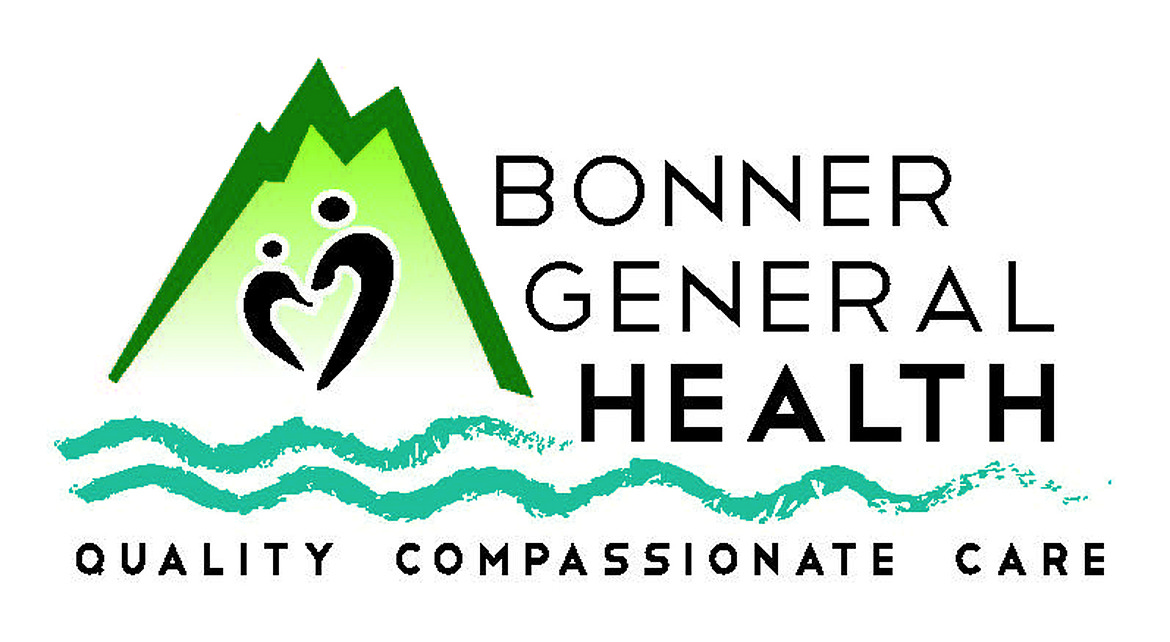Is stress harming your health?
At a management training seminar I attended many years ago, the speaker compared stress to a rubber band. She said that a rubber band isn't doing what it's designed to do unless its tension holds some things together. In other words, we all need a little tension in our lives. But, too much tension on the rubber band for a long time will lessen its elasticity. Way too much tension will cause it to break. Think about it.
The National Library of Medicine's Medline Plus says that stress is a feeling of emotional or physical tension. "It can come from any event or thought that makes you feel frustrated, angry, or nervous. Stress is your body's reaction to a challenge or demand. In short bursts, stress can be positive, such as when it helps you avoid danger or meet a deadline. But when stress lasts for a long time, it may harm your health."
They stress that stress is normal. And define the two main types. Acute stress is short-term. You know, that feeling you get when you have to stomp on your car's brakes to avoid hitting a deer. It also happens when you do something new or exciting, like zip-lining or falling in love.
Chronic stress is the kind that lasts for a long time. "You may have chronic stress if you have money problems, an unhappy marriage, or trouble at work. You can become so used to chronic stress that you don't realize it is a problem. If you don't find ways to manage stress, it may lead to health problems," Medline says.
Your body reacts to stress by releasing hormones. When you have chronic stress, your body continues to release these hormones even when they're not needed, resulting in high blood pressure, heart disease, diabetes, obesity, depression or anxiety, skin problems such as acne or eczema, and menstrual problems.
"Stress can cause many types of physical and emotional symptoms. Sometimes, you may not realize these symptoms are caused by stress. Here are some signs that stress may be affecting you: diarrhea or constipation; forgetfulness; frequent aches and pains; headaches; lack of energy or focus; sexual problems; stiff jaw or neck; tiredness; trouble sleeping or sleeping too much; upset stomach; use of alcohol or drugs to relax; weight loss or gain.," Medline says.
If you find yourself more emotional than usual, feeling overwhelmed, having cognitive decline, having trouble making decisions or solving problems, or if you're using alcohol or drugs to get through the day, please start by calling your primary care provider. If at any time you feel like committing suicide, please go to the emergency room or call the National Suicide Prevention Lifeline at 800-273-8225.
It's easy for the experts to give you a list of tools to relieve stress, but you have to find those that will work for you. I suggest you start with an open mind. Sit quietly and list what you think are the main causes of your stress in your mind or on a sheet of paper. Then make a stress management plan that you can stick with.
The Cleveland Clinic suggests taking a break from reality. Take time for yourself. "Read a book; take a walk; practice yoga; listen to music; sing along to a song or dance to the music; enjoy a soothing bath; sit in silence with your eyes closed; light a scented candle."
Mayo Clinic adds practicing relaxation techniques like deep breathing, meditation, tai chi, or massage. Their best advice is to keep your sense of humor.
"Aim to find active ways to manage your stress. Inactive ways to manage stress – such as watching television, surfing the internet, or playing video games – may seem relaxing, but they may increase your stress over the long term," Mayo says.
So often, we put stress on ourselves because we're not realistic. Try to be reasonable about your expectations regarding how many activities you can cram into one day. Also, try not to let other peoples' expectations cause you anxiety.
If you have taken steps to alleviate your stress but still feel you need help, don't hesitate to reach out to a professional counselor or therapist. Bonner General Behavioral Health Clinic's phone number is 208-265-1090.
Kathy Hubbard is a member of the Bonner General Health Foundation Advisory Council. She can be reached at kathyleehubbard@yahoo.com.



